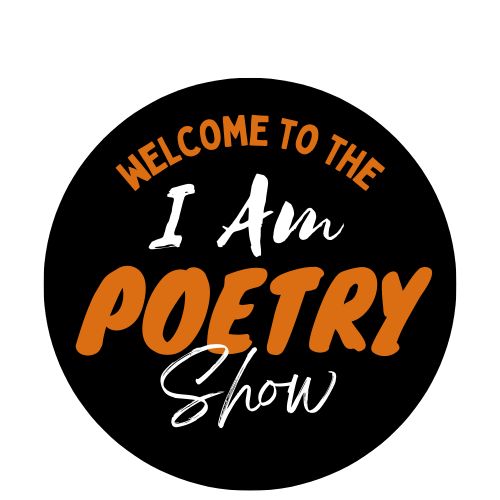Poetry for Social Change: How Words Can Inspire Action
Throughout history, poetry has served as a powerful tool for social change, capturing the essence of human struggle, hope, and resistance. The unique ability of poetry to distill complex emotions and ideas into concise, impactful language has made it a favored medium for activists and movements across the globe. In today’s world, where issues of justice, equality, and human rights are at the forefront of public discourse, poetry continues to play a vital role in inspiring action and fostering change.
The Historical Power of Poetic Protest
From the Harlem Renaissance to the Civil Rights Movement, poets have used their voices to challenge the status quo and ignite change. Langston Hughes, a central figure in the Harlem Renaissance, wrote poetry that vividly depicted the struggles of African Americans in a racially divided society. His words became a rallying cry for equality and justice, resonating with generations of activists.
Similarly, poets like Maya Angelou and Amiri Baraka used their work to speak out against oppression and to inspire resilience and resistance. Their poems not only reflected the pain and anger of their communities but also provided hope and a vision for a better future. This tradition of poetic protest has continued into the 21st century, with contemporary poets addressing issues like police brutality, immigration, and climate change.
Poetry as a Catalyst for Conversation
One of the unique strengths of poetry is its ability to provoke thought and spark conversation. In just a few lines, a poem can challenge preconceived notions, expose uncomfortable truths, and inspire empathy. By presenting ideas in a way that is both accessible and emotionally resonant, poetry invites readers to reflect on their own beliefs and actions.
For instance, the poem “Home” by Warsan Shire, which poignantly captures the plight of refugees, has been widely shared and cited in discussions about immigration and asylum policies. The emotional weight of her words—“no one leaves home unless home is the mouth of a shark”—has moved many to reconsider their views on migration and to advocate for more compassionate policies.
Amplifying Marginalized Voices
Poetry also serves as a platform for marginalized voices, providing a space for those who are often unheard to share their experiences and perspectives. In a world where certain narratives dominate the media and public discourse, poetry offers an alternative—a chance to hear from those on the fringes of society.
Spoken word poetry, in particular, has become a powerful vehicle for marginalized communities to express their truths. Events like poetry slams and open mics offer a space where voices that might otherwise be silenced can be heard. These performances often address issues like racism, sexism, homophobia, and poverty, giving a voice to those who are directly affected by these injustices.
Poetry as a Call to Action
Beyond its ability to raise awareness, poetry can also serve as a direct call to action. The emotional impact of a well-crafted poem can galvanize individuals and communities to take tangible steps toward change. Whether it’s through organizing protests, engaging in advocacy, or simply starting a conversation, poetry can inspire people to move from reflection to action.
The rise of social media has further amplified the reach of poetry, allowing it to spread rapidly and reach a global audience. Poets like Amanda Gorman, who gained international acclaim for her performance at the 2021 U.S. Presidential Inauguration, have used their platforms to address issues like racial justice, climate change, and democracy. Her poem, “The Hill We Climb,” not only captured a moment in history but also inspired millions to work toward a more just and equitable future.
The Future of Poetic Activism
As we look to the future, the role of poetry in social change remains as crucial as ever. In a world facing unprecedented challenges, from environmental crises to social inequality, poets will continue to be the voices that articulate our collective fears, hopes, and demands for justice.
At I Am Poetry, we believe in the transformative power of words. Through our platform, we seek to amplify the voices of poets who are using their craft to advocate for change and to inspire others to do the same. Whether through our apparel, events, or written works, we are committed to celebrating poetry as a force for social good.
In the words of Audre Lorde, “Poetry is not a luxury. It is a vital necessity of our existence.” As we navigate the complexities of our world, let us turn to poetry not only as a source of solace but as a catalyst for the change we wish to see.
